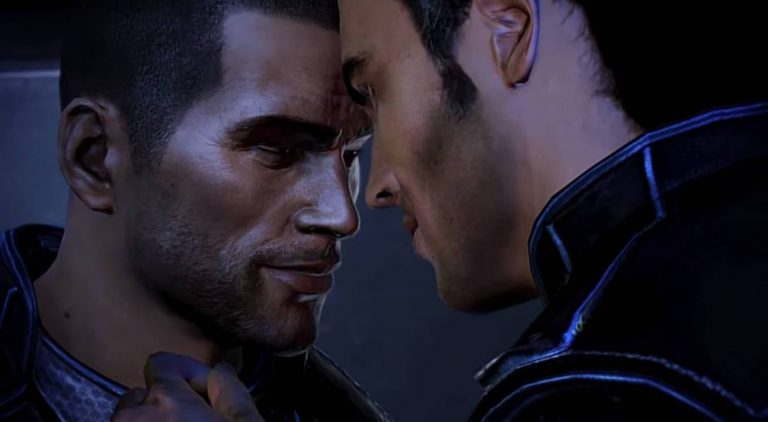Gaming was one the biggest parts of my life growing up. I didn’t have many friends, and school was an absolute nightmare for me, so the universe of heroes, swordsmen, Italian plumbers and ninjas with masks ripping out each other’s internal organs was a world that I embraced and escaped freely into. I might have been a loser in school, but in the dimensions of the gaming walls, I was untouchable. I’ve found new obsessions in adulthood, but I’m not averse to the occasional game of Super Smash Bros.
And I’m not alone. The gaming community is one of the most profitable markets in the world. In 1998, the video game industry generated worldwide sales was estimated at a massive $30 billion, which in today’s world is equivalent to close to $41 billion. Though today it is a lot more volatile, thanks to the success of apps, third-party developers and online gaming, you only have to look at the success of gaming conventions to see what kind of impact video games make.
If you know someone who is termed as a ‘hardcore’ gamer – the kind of person that would happily camp out for days just to buy an upcoming game – you’ll know how mad they can get if they lose a game, or if they think someone’s cheating. It’s what’s known as ‘game rage’. And it happens to everyone, in varying levels. But the worst offenders aren’t the ones who throw their controller across the room, or punch a wall, or their younger siblings – it’s true, whilst researching I came across such stories – it’s the ones who feel the need to abuse others. Because calling someone a ‘little bitch’, a ‘faggot’, or imploring that someone should ‘get raped’ is clearly a rational and acceptable thing to do when you’ve lost a game.
‘Gaymers’ – an umbrella term that refers to gay people who have an interest in gaming – are prolific in gaming, much like gamer girls. But they’re also the ones who suffer the most discrimination when it comes to being involved in the community, and I’m not just talking about rage players who use derogatory language when they’ve lost a game. Women are continually sexually objectified in gaming, often portrayed in provocative clothing with little left to the imagination. Although there are plenty of female heroes and protagonists in gaming – Lara Croft in Tomb Raider, Samus Aran in Metroid
and more recently, Cassie Cage of Mortal Kombat X
– it’s still rare to see one represented without a sexual element involved.
Gay characters, however, have even less of a presence in video games. Mortal Kombat introduced its first gay character, Kung Jin, in their latest installment, X, and indeed, many games have hinted at LGBT characters over the years (particularly the Final Fantasy series; who remembers the classic ‘gay orgy’ scene from Final Fantasy VII?), but they’re never portrayed in a particularly serious or insightful light.
In 2014, Nintendo came under fire after Tomodachi Life, a life-simulator video game where players create avatars to interact with one another, did not allow avatars of the opposite sex to flirt or be married. Although Nintendo apologised, claiming that they had intended for the game to be a playful alternate world rather than a commentary of social and societal norms, they also didn’t re-issue or change the game, stating that it wouldn’t be possible.
It is somewhat understandable that the LGBT community isn’t exactly prevalent in gaming. After all, gaming is predominantly male, and with it being such a financially profitable industry, developers wouldn’t want to risk making a dent in their marketing. When you see how far we’ve come when it comes to everything else, it seems like gaming is trailing behind when it comes to equality. But I think until they show women the respect they deserve, it’s going to be a while before gays get a decent look in.
Some of the coverage you find on Cultured Vultures contains affiliate links, which provide us with small commissions based on purchases made from visiting our site. We cover gaming news, movie reviews, wrestling and much more.



